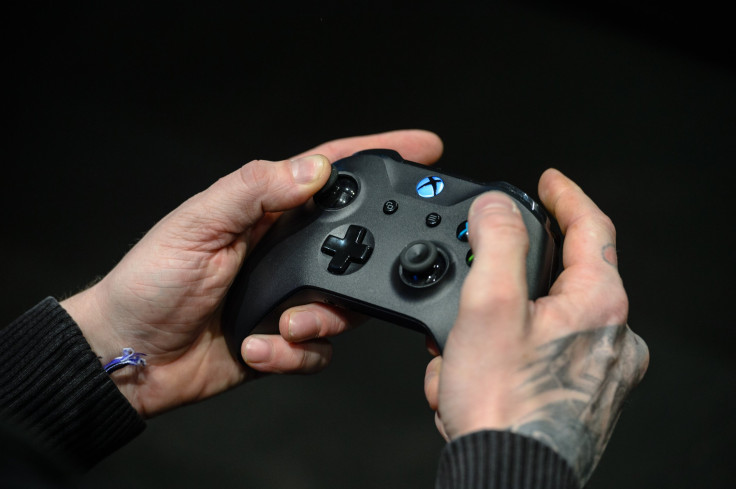Violent Video Game Tax Proposed After Parkland Shooting

As America looks for answers in the wake of the shooting massacre of 17 students at Marjory Stoneman Douglas High School in Parkland, Florida, some politicians have returned to the 1990s tactic of blaming video games for violence. Kentucky governor Matt Bevin started the show a couple of days after the shooting, and on Wednesday, Rhode Island state representative Bobby Nardolillo took it a step further.
Nardolillo proposed legislation that would put a 10 percent tax on video games with an ESRB rating of Mature or higher, Rolling Stone reported. That tax revenue would be used to fund “counseling, mental health programs and other conflict resolution activities” in schools, according to the press release on Nardolillo’s Facebook page.
Both Nardolillo and Bevin have high ratings from the NRA. It is not controversial to say that many of the most popular video games are violent; five of the top 10 selling games of 2017 were about shooting guns and three of them would be taxed under Nardolillo’s proposed regulations. However, to this point, science has not reached anything close to a consensus that gaming can lead to violence.
In fact, plenty of research indicates the opposite. Around 70 percent of high school students play video games, but only 20 percent of school shooters do, according to USA Today. Columbine shooters Dylan Klebold and Eric Harris famously enjoyed violent video games, but data suggests they were the exception when it comes to those who commit gun violence at schools. It could also be noted that some other countries where these games are sold do not have the same gun violence problem as the United States.
Regardless of scientific backing or lack thereof, the constitutionality of laws regulating the sale of violent video games would also be questionable. In a landmark 2011 decision, the Supreme Court ruled that California could not ban the sale of violent games to anyone under 18, effectively giving games the same protected free speech status as movies and music. Retailers still typically do not sell M-rated games to anyone younger than 17 without a parent present, but it is not illegal to sell those games to minors in and of itself.

© Copyright IBTimes 2025. All rights reserved.





















